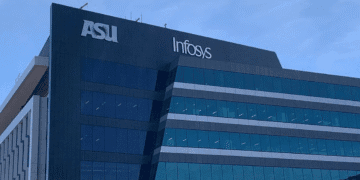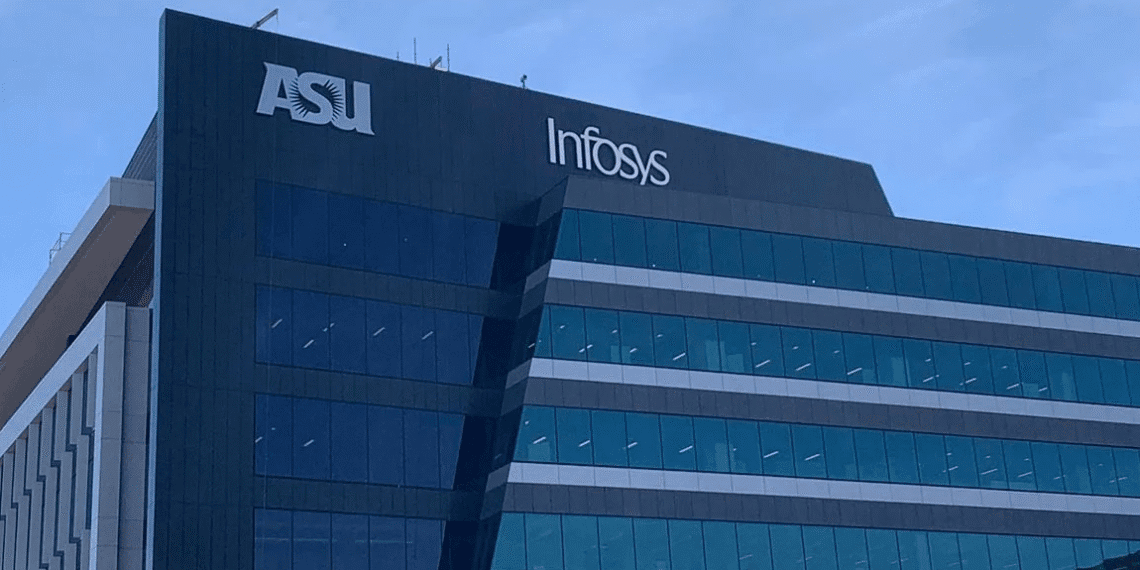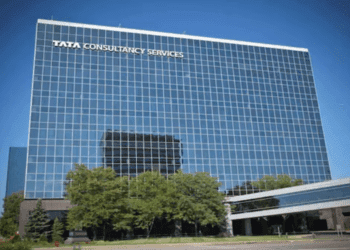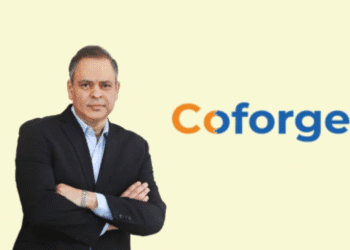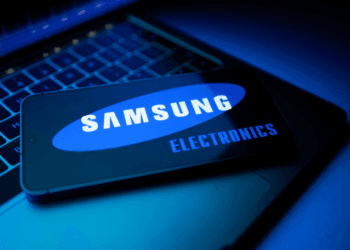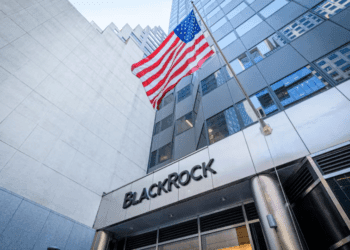Athira Sethu
Kochi, 18 Oct 2025
Infosys on Thursday said it added 8,023 new staff in the second quarter and onboarded more than 12,000 fresh graduates during the first half of the financial year. While speaking on a media briefing session on the company’s second-quarter results, Chief Financial Officer Jayesh Sanghrajka revealed that Infosys will add close to 20,000 fresh graduates by the end of the fiscal year, higher than the initial target of 15,000 for FY26.
Sanghrajka further stated that the majority of the company’s employees don’t depend on H-1B visas. CEO Salil Parekh further said that only a minor fraction of their workforce requires visa sponsorship, and the company has established a strong footprint in the U.S. through digital, innovation, technology, and AI centers. Infosys further has connections with U.S. universities and training institutes to maintain smooth operations without any disruptions.
Parekh pointed out that the company’s locally hiring strategy has been extremely successful. Infosys began employing local staff in major geographies such as Europe, the U.S., and Australia many years ago, and the strategy has grown over a period of time, he said.
Against the backdrop of the U.S. government’s recent move to raise the H-1B visa fee to $100,000 for fresh applicants, both Infosys and Wipro informed that the fee increase hasn’t affected their business much. Both firms are local hiring-focused and university partnership-based for tapping new talent. Wipro’s Chief HR Officer, Saurabh Govil, stated that the company has approximately 80% local employees. He said that the reforms in the H-1B program have had a very limited impact on the company.
Govil added that Wipro added 2,900 new graduates during the quarter and that its total employee base has grown.
In other news, Infosys recently announced a buyback of shares worth Rs 18,000 crore. Parekh explained that the company’s policy is to return 85% of its free cash flow over a five-year period, using different mechanisms such as buybacks to provide value to shareholders. Sanghrajka added that strong cash flow last year, boosted by tax refunds, gave the company the flexibility to return additional cash to shareholders and explore options like the buyback.
